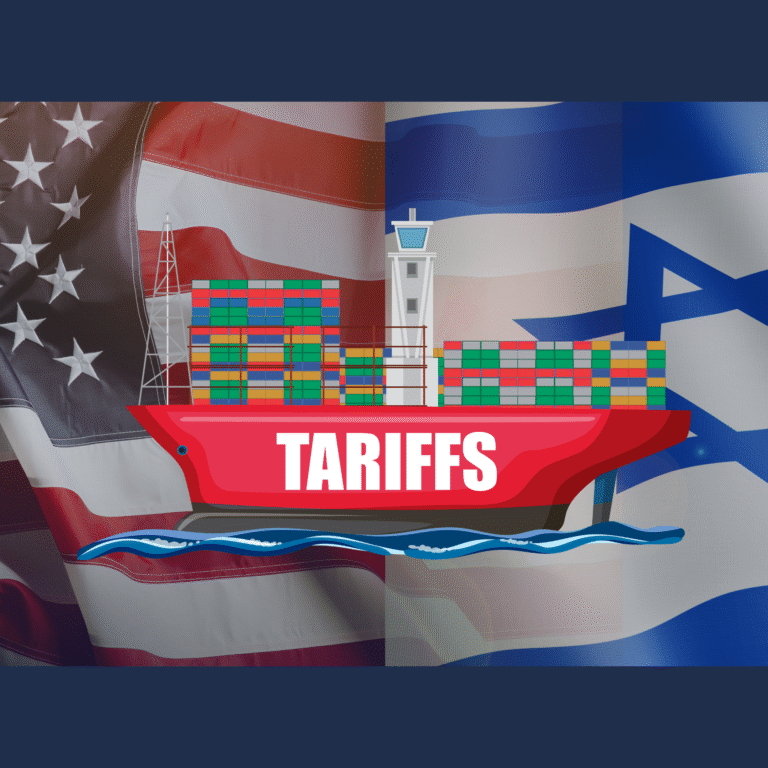

For Americans living abroad, saving for retirement has an added level of complexity. This blog discusses a few concepts that are useful to know about how US expats should use IRAs to fund their retirement strategies.
Before we get started, we are financial advisors serving US expats, with a focus on Israel. We’ve written these blogs on expat finance that you may wish to read:
Checklist for moving to Israel
Expat IRA tips – deductions and the Israel “tax holiday”
With tax season coming up there is the question for expats about whether to contribute from your earned income to a 401k or an individual retirement account (IRA). The advantage of doing so is that is that from a US perspective this is a pre-tax contribution, which reduces your tax base. However, if you live and work outside the US, the situation becomes more complicated, especially if your non-US tax domicile does not recognize the pre-tax deduction.
For example, the pre-tax deduction is not recognized in Israel. However, there is an exception to this. New immigrants to Israel and Israelis returning home from the US after living there for ten years or more are exempt from Israeli taxes on foreign income from all sources for a period of ten years.
What does this mean and who does it affect?
If you are living in Israel, but visit the US periodically and perform work there, then you may contribute pre-tax to an IRA on the income earned while in the US. This provision falls away after ten years, at which time Israel becomes your tax domicile for your global income.
Just to repeat, as this may be confusing, if you’re an expat and you have US earnings and you’re within ten years of making Aliyah, you can contribute to your US IRA pre-tax on the work you’ve done there. However, If you have lived in Israel for over ten years, the IRA contribution will be taxed in Israel, even if it is considered pre-tax in America.
Roth IRA Conversions for expats
Another issue that has arisen lately is the question of whether to convert a traditional IRA to a Roth IRA. The advantage of the Roth IRA for people living in the US, is that distributions during retirement will be tax free. To convert one has to pay the tax up-front.
Roth conversions have piqued the interest of some investors during the recent market sell-off – citing a lower portfolio value to be a good time to make the conversion in whole or in part and pay associated taxes.
For US expatriates living overseas, the major question is whether the country you live in either recognizes the tax-free nature of Roth distributions, or whether it has a zero or lower tax rate than the US.
The United Kingdom, France and Canada are examples of countries that will not tax Roth IRA distributions. Nor will many low-tax countries (UAE, etc.), or countries that do not tax foreign derived income, such as Singapore or Hong Kong
Australia, Italy, Germany and Japan are countries that will tax Roth distributions.[i]
The situation in Israel is unclear and will be the subject of a more detailed analysis. Part of the analysis depends on your tax domicile at the time you made contributions to the plan. In order to play safe, assume that Roth IRAs will be taxed at distribution – and therefore it may be best not to make a Roth conversion if you already live in Israel.
We emphasize that this article is general in nature and should not be interpreted as tax, financial, or legal advice specific to any one individual; it is best to consult with your tax or financial professional.
We help expats invest for retirement using IRAs and other strategies
We are a financial advisory boutique with advisors in the US and in Israel and serving expats globally. If you are moving to Israel or another country and don’t know where to start when it comes to the financial side of things, please contact us.
If you would like to receive our updates, please sign up for the Nardis Advisors newsletter.
SUBSCRIBE to the Nardis Advisors YouTube channel or ongoing updates related to the markets, economy, and finance for expats.
CONTACT US to schedule a time to speak with Nardis Advisors regarding your portfolio and personal financial plan.
Norman H. Chait, CFA, Managing Principal, Nardis Advisors LLC, April 8th, 2022
Disclaimer: Nardis Advisors LLC (“Nardis”) is a Registered Investment Advisory Firm regulated by the U.S Securities and Exchange Commission in accordance and compliance with applicable securities laws and regulations. Nardis does not render or offer to render personalized investment advice through this medium. The information provided herein is for informational purposes only and does not constitute financial, investment or legal advice. Investment advice can only be rendered after delivery of the Firm’s disclosure statement (Form ADV Part 2) and execution of an investment advisory agreement between the client and Nardis.
[i] Mongler, Jake. (2022, March 1) Creative Planning. Expat Roth Conversion Q&A. Retrieved from www.creativeplanning.com/insights/expat-roth-conversions-qa





